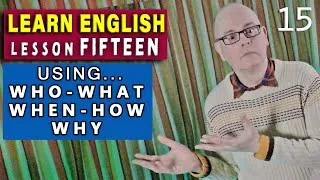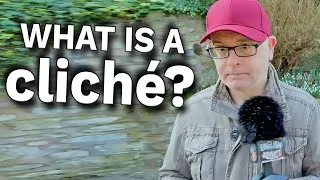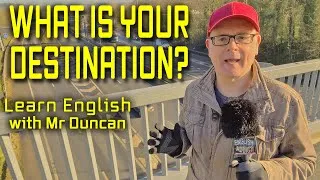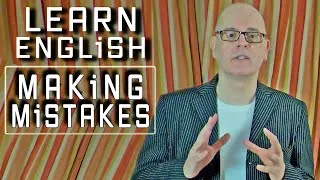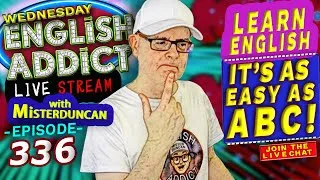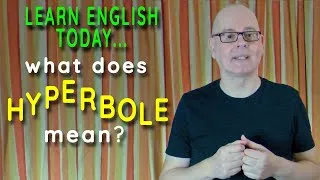12 Grammar Checkups | Practice Questions for English Tenses | PRESENT PAST FUTURE
891,174 views ・ 2021-11-28
ভিডিওটি চালানোর জন্য অনুগ্রহ করে নিচের ইংরেজি সাবটাইটেলে ডাবল-ক্লিক করুন।
New videos
Original video on YouTube.com
এই সাইটটি আপনাকে YouTube ভিডিওগুলির সাথে পরিচয় করিয়ে দেবে যা ইংরেজি শেখার জন্য দরকারী। আপনি সারা বিশ্বের শীর্ষস্থানীয় শিক্ষকদের দ্বারা শেখানো ইংরেজি পাঠ দেখতে পাবেন। সেখান থেকে ভিডিও চালাতে প্রতিটি ভিডিও পৃষ্ঠায় প্রদর্শিত ইংরেজি সাবটাইটেলগুলিতে ডাবল-ক্লিক করুন। সাবটাইটেলগুলি ভিডিও প্লেব্যাকের সাথে সিঙ্কে স্ক্রোল করে৷ আপনার কোন মন্তব্য বা অনুরোধ থাকলে, এই যোগাযোগ ফর্ম ব্যবহার করে আমাদের সাথে যোগাযোগ করুন.

